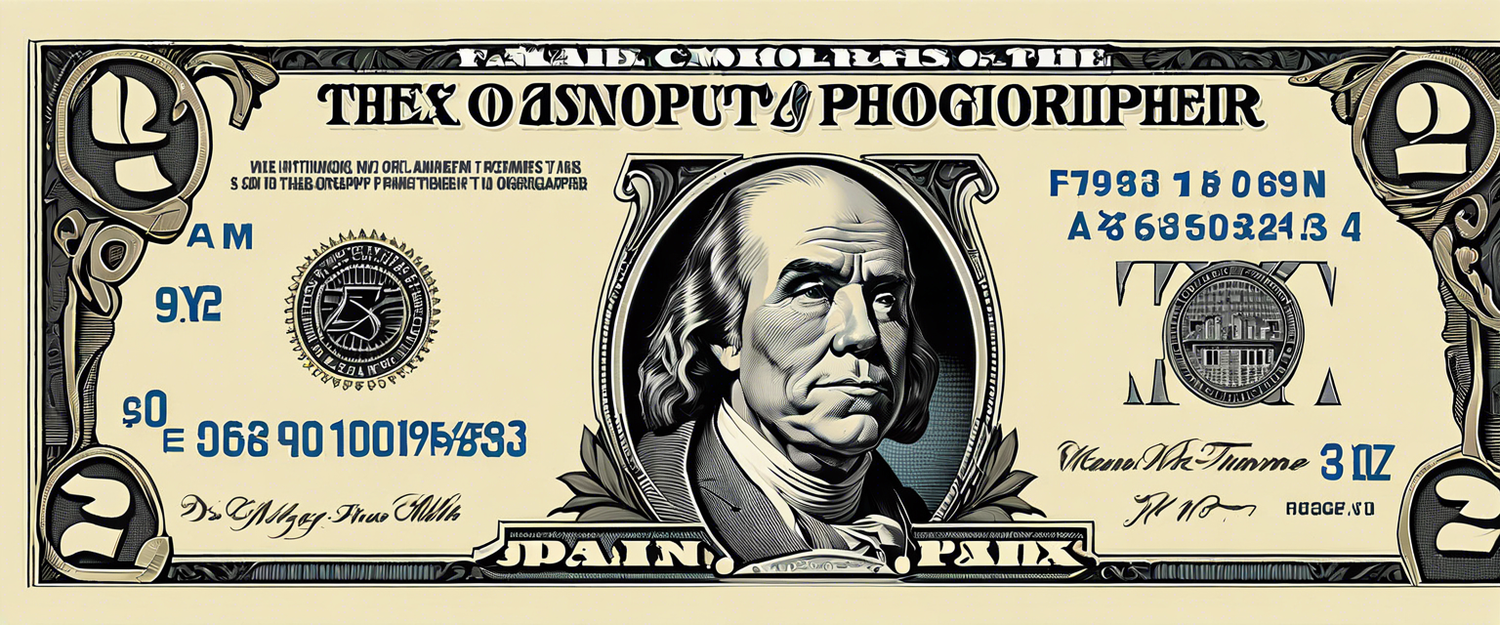FTX Bankruptcy Case Brings Approval for Reorganization Plan
In a significant development, a U.S. bankruptcy judge has approved the reorganization plan for FTX, two years after the exchange's dramatic collapse. On Monday, Judge John Dorsey of the U.S. Bankruptcy Court for the District of Delaware authorized the plan that will facilitate a recovery of at least 118% of creditors' claims in cash.
Background of FTX's Collapse
The approval of this plan is a crucial milestone in the complex Chapter 11 bankruptcy proceedings that began in late 2022, following allegations of fraud and misconduct surrounding FTX. The case has attracted considerable attention due to the scale and impact of the fallout associated with the exchange's collapse.
Overwhelming Support for Cash Payouts
Creditors overwhelmingly backed the reorganization plan, with approximately 94% of those in the "dotcom customer entitlement claims" class—which reflects about $6.83 billion in claims—voting in favor. Ironically, while the majority preferred cash payouts, some creditors called for payment in cryptocurrency.
Dispute Over Cryptocurrency Payments
Sunil Kavuri, a representative of the largest creditor group, argued for creditors to be compensated in-kind, specifically in cryptocurrency equivalents rather than cash. Judge Dorsey, however, dismissed this proposal, emphasizing that the value of FTX’s native cryptocurrency, FTT tokens, was fundamentally tied to its operations, which will not be revived. With no prospects for reinvigorating the token’s value, cash payouts were deemed the more viable solution.
The Dismissal of FTX 2.0 Plans
Speculations about a possible revival of the exchange, termed "FTX 2.0," were floated but have since been ruled out. CEO John J. Ray III previously indicated an interest in exploring potential investors for a reboot. Yet, as of January, no investors have stepped upfront to support this initiative, resulting in the plan being abandoned.
Legal repercussions of the FTX Collapse
The ramifications of FTX's failure have been extensive. Sam Bankman-Fried, the company's founder, was convicted on seven counts, including wire fraud and conspiracy, leading to a nearly 25-year prison sentence. Additionally, the downfall of the sister trading firm Alameda and its CEO Caroline Ellison, who received a two-year sentence for her involvement, highlights the depth of the operational failures at FTX.
Tax Considerations for Creditors
As creditors prepare to receive their cash payouts, concerns about the tax implications of such distributions have emerged. Legal counsel David Adler expressed worries about potential tax burdens arising from receiving claims in cash as opposed to cryptocurrency. Despite these concerns discussed during the Monday hearing, the court reaffirmed its commitment to distributing cash payments, given FTX's insufficient cryptocurrency holdings.
Conclusion
The approval of FTX's reorganization plan signifies a step towards resolving the extensive fallout from its operations. As creditors look forward to cash recoveries, the complexities surrounding the case—including tax implications and cryptocurrency valuations—will remain topics of significant interest moving forward.



Оставить комментарий
Все комментарии перед публикацией проверяются.
Этот веб-сайт защищается hCaptcha. Применяются Политика конфиденциальности и Условия использования hCaptcha.